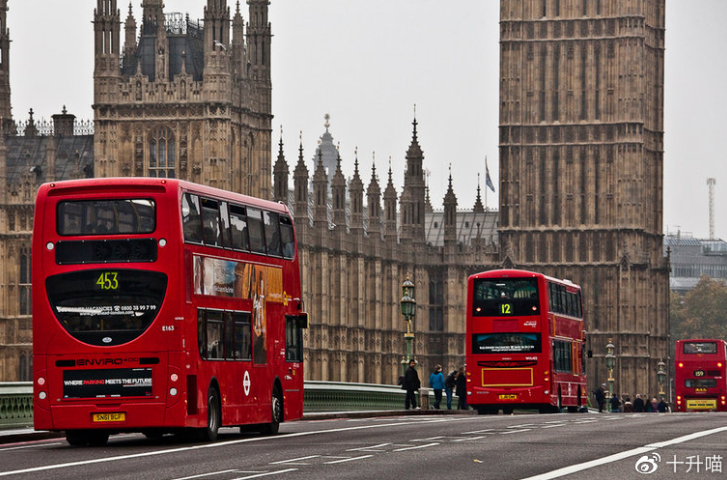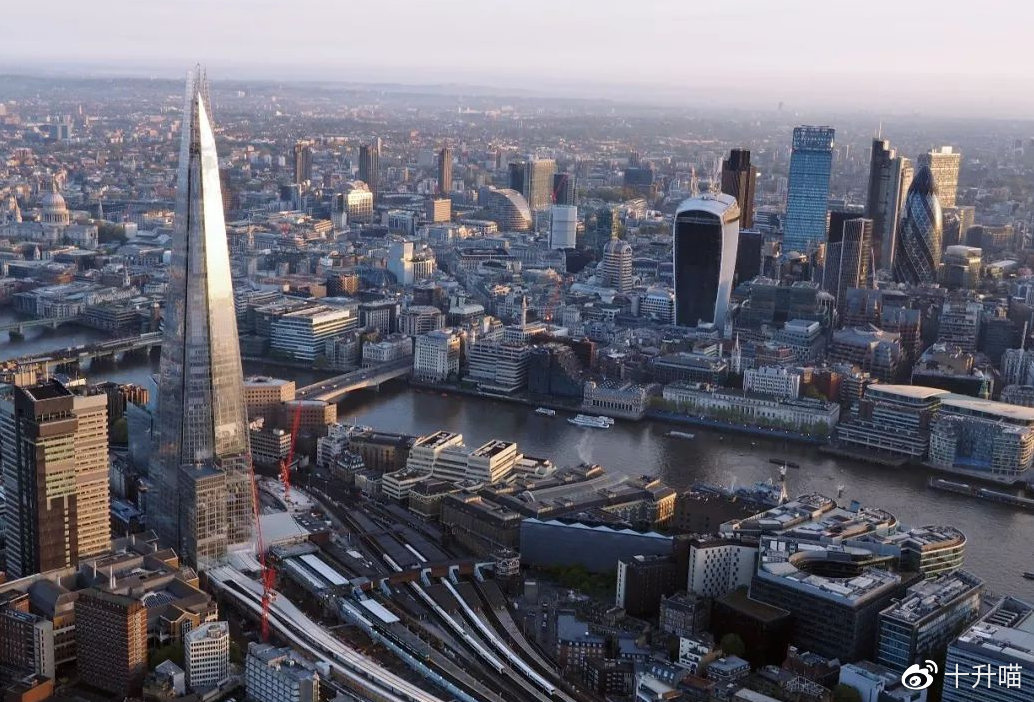C4.15 Settlement and Citizenship¶
What’s the Difference Between UK Permanent Residency (PR) and UK Citizenship?
What Is UK Permanent Residency?
UK permanent residency refers to the right to reside permanently in the UK. Commonly known as a "green card," its official name in the UK is Indefinite Leave to Remain (ILR), often abbreviated as PR (Permanent Residency).
Obtaining UK PR means you can live, study, work, travel, and run a business in the UK without applying for any additional UK visas. You are also eligible for various UK welfare benefits and can enter the UK at any time. Additionally, one year after obtaining PR, you can apply for UK citizenship—provided that your total absences from the UK during this one-year period do not exceed 90 days.
There are multiple ways to apply for UK PR, such as holding a work visa for 5 years, running a business in the UK for 5 years (ShishengMao has previously written two guides on entrepreneurial visas that allow you to stay in the UK), or residing in the UK for 10 years. A detailed guide on these application methods will be provided in a future article.

What Is UK Citizenship?
UK citizenship differs slightly from citizenship in many other countries. Under the UK’s British Nationality Act 1981, there are six established types of UK nationality. These include:
British Citizen
British Overseas Territories Citizen (BOTC)
British Overseas Citizen (BOC)
British Subject
British National (Overseas) (BNO)
British Protected Person (BPP)
Among these, British Citizen is the most common type of UK nationality and the only one that automatically grants the right of abode in the UK.
1. British Citizen
This status is typically acquired through a connection to the United Kingdom and Islands (which includes the UK, Channel Islands, and Isle of Man). Most British and Colonial Citizens who had the right of abode in the British Islands under the Immigration Act 1971 became British Citizens after January 1, 1983.
2. British Overseas Territories Citizen (BOTC)
Formerly known as British Dependent Territories Citizen (BDTC), British Overseas Territories Citizens are individuals with a connection to a UK Overseas Territory. Due to the British Overseas Territories Act 2002, most people with this status now also hold British Citizenship. It is possible to hold both British Citizenship and British Overseas Territories Citizenship simultaneously.
3. British Overseas Citizen (BOC)
British Overseas Citizens (BOCs) are former British and Colonial Citizens who were ineligible to obtain British Citizenship or British Dependent Territories Citizenship. Most acquired British and Colonial Citizenship through a connection to former British colonies (such as Malaysia and Kenya).
4. British Subject
Under the British Nationality Act 1981, British Subjects are individuals who do not hold British and Colonial Citizenship or citizenship of any Commonwealth country. Most acquired this status through a connection to former British India or the Republic of Ireland (before 1949).
5. British National (Overseas) (BNO)
British National (Overseas) (BNO) status did not exist under the 1981 Act. It was established by the Hong Kong Act 1985 and the Hong Kong (British Nationality) Order 1986. BNO status was granted to former British Dependent Territories Citizens of Hong Kong who applied specifically before Hong Kong’s sovereignty was transferred to the People’s Republic of China. British Dependent Territories Citizens of Hong Kong who did not acquire Chinese nationality became British Overseas Citizens instead.
6. British Protected Person (BPP)
British Protected Persons (BPPs) originate from protected states within the British Empire—independent countries nominally protected by the British monarch, where the British Crown did not hold sovereignty. BPP status is a unique category (sui generis): it is neither Commonwealth citizenship (or the old "British Subject" status), nor is it traditionally considered British nationality, nor is it "alien" (foreign nationality).
Among the various types of UK nationality (including BPP), all except British Citizenship and British Overseas Territories Citizenship are "residual categories." This is because there are very few (if any) ways to apply for these nationalities, and they cannot be passed on to all children (except in extremely rare cases where the child would otherwise be stateless). Over time, these residual nationalities will gradually cease to exist.

What Are the Differences Between UK Permanent Residency (PR) and UK Citizenship?
1. Political Rights
Holders of UK PR do not have the right to vote, the right to stand for election, the eligibility to serve as a jury member, or the ability to take up certain special government roles (e.g., intelligence personnel).
2. Visa-Free Travel
After obtaining UK PR, you still need to apply for a tourist visa when traveling to other countries (such as those in Europe, Australia, or the United States). However, UK citizenship holders can travel to many countries without a tourist visa, as numerous nations offer visa-free access to UK passport holders.
3. Nationality and Home Country Entry
With UK PR, your nationality remains that of your original country. This means you do not need a visa to return to your home country, and you also do not need a visa to enter the UK. In contrast, if you acquire UK citizenship, you will need to apply for a Chinese visa to return to China (assuming your original nationality was Chinese).
4. Permanence and Residency Requirements
UK citizenship is permanent. You can live, work, or travel abroad for extended periods without the risk of losing your citizenship. For UK PR, however, your status will be revoked if you do not reside in the UK for 2 consecutive years—this means you must enter the UK at least once every 2 years. Additionally:
Within 12 months of obtaining PR, you cannot be absent from the UK for more than 90 days.
Before applying for citizenship, you must have resided in the UK for a total of 5 years, with absences not exceeding 450 days over this period. If you exceed this limit, you will need to delay your citizenship application by several months and remain in the UK during that delay.
5. Protection and Revocation Risks
UK citizenship grants permanent status and protection from UK overseas consulates. UK PR holders are not UK citizens, so if you commit serious violations (e.g., smuggling prohibited items) or crimes (e.g., detention or a prison sentence of 12 months or more) in the UK, the government has the right to revoke your PR with no right of appeal. UK citizenship, by contrast, can only be revoked in extreme cases—such as voluntary renunciation or endangering national interests—and is otherwise irreversible.
6. Access to Public Benefits
Both UK PR and UK citizenship allow access to the same UK public benefits (e.g., healthcare, employment support, education, public facilities, and pensions). However, PR holders must meet UK residency requirements: if you are absent from the UK for too long but still claim public funds, it may affect your future UK entry/exit and citizenship application. For this reason, PR holders are advised to avoid claiming benefits (especially low-income benefits) unless they first confirm—by consulting authorities or checking eligibility details—whether such claims will impact their PR or citizenship status.
7. Child Nationality
If you hold UK PR and have a child born in the UK (after obtaining PR), the child will automatically acquire UK citizenship.
If your child is born in China (while you hold PR), the child will have Chinese nationality but can apply for UK PR later.
If either parent is a UK citizen, the child will automatically be a UK citizen regardless of where they are born.
8. Travel Documents
UK citizenship holders receive a UK passport. UK PR holders do not get a passport; instead, they hold a BRP (Biometric Residence Permit). Note that BRPs will be abolished on January 1, 2025.
9. School Enrollment Fees
UK citizenship holders can enroll their children in most UK state schools for free (this excludes universities and private schools).